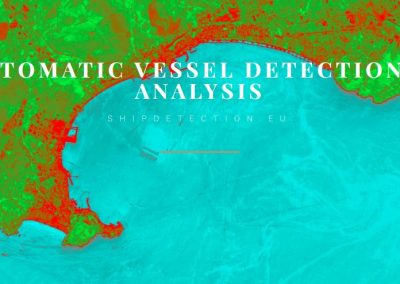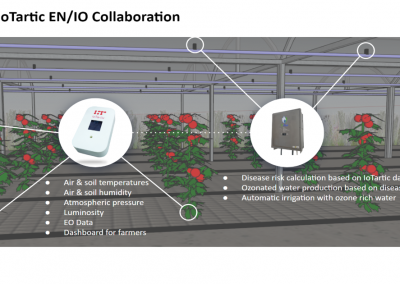Detect and catch illegal fishing vessels
We automatically identify suspicious vessel activity in near-real-time and enable rapid, guided drone flights to catch offenders in the act.
Problem (1)
Illegal fishing threatens marine sustainability
Illegal, unregulated or unreported fishing depletes fish stocks, destroys marine habitats, distorts competition, puts honest fishers at disadvantage, and weakens coastal communities. It also jeopardises the EU’s Common Fisheries Policy, and its international efforts to promote better ocean governance.
Problem (2)
Finding and apprehending illegal fishers is difficult
The vast expanse of oceans and seas means that hunting for illegal fishing is worse than trying to find a needle in a haystack. Then, it is necessary to separate legal fishing from the illegal kind. Finally, boats are always moving, so any response needs to be as fast as possible.
Solution (1)
Copernicus Blue automatically detects suspicious ships using satellite imagery
Using automated ship detection algorithms on optical satellite imagery, we speed up a task that would otherwise take weeks, to a matter of hours. Machine learning and automatic recognition make it possible to scan vast areas of open sea and generate near-real-time alerts when suspicious behaviour is identified.
Solution (2)
Rapid collection of drone video evidence for prosecution
With the early warning provided by Copernicus Blue, drones can quickly be guided to a suspect vessel. Copernicus Blue provides the capability to stream high precision video using low-bitrate satellite connection. These video records provide undeniable proof for prosecution in court, since automatically-reported ship identification data is not sufficient to uphold a case.
Other projects in the Food sector
![]()
This website is part of PARSEC Accelerator
![]() This project has received funding from the European Union’s Horizon 2020 research and innovation programme under grant agreement No 824478.
This project has received funding from the European Union’s Horizon 2020 research and innovation programme under grant agreement No 824478.









